
Browse an alphabetical list of articles about the Holocaust and World War II. Learn more about topics such as the Nazi rise to power, how and why the Holocaust happened, life in Nazi camps and ghettos, and the postwar trials.
<< Previous | Displaying results 701-710 of 1105 for "Article" | Next >>
Book burnings and bans were not exclusive to—and did not end with—the Nazi regime. Learn more about the symbolism of book burnings.
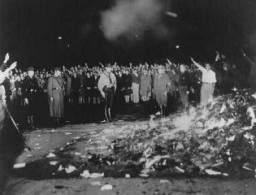
Most prisoners in the early Nazi camp system were political opponents of the regime. The system would grow to include other types of camps, including killing centers.
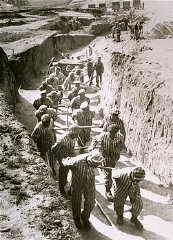
What is the difference between a “concentration camp” and a “killing center”? Learn about the history of these terms and what they meant in the context of Nazi oppression and murder.
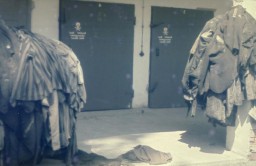
Nazi Germany and its allies established over 44,000 concentration camps and incarceration sites during the Holocaust. Read about the Nazi camp system.
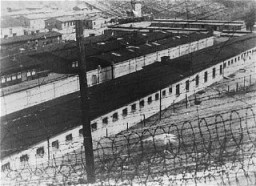
Holocaust survivor Simon Wiesenthal dedicated his life to raising public awareness of the need to hunt and prosecute Nazis who had evaded justice.
The Nazis pursued the imperialist concept of Lebensraum (living space) as they conquered eastern Europe. Read more about the deadly consequences of Nazi imperialism.
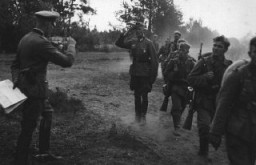
The Nazi Kripo, or Criminal Police, was the detective force of Nazi Germany. During the Nazi regime and WWII, it became a key enforcer of policies based in Nazi ideology.
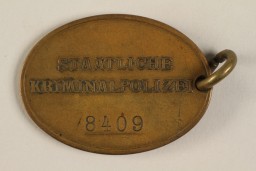
German physicians conducted inhumane experiments on prisoners in the camps during the Holocaust. Learn more about Nazi medical experiments during WW2.
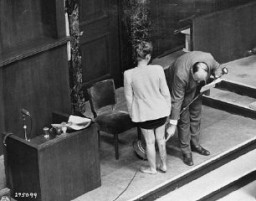
The National Socialist German Worker’s Party, also known as the Nazi Party, was the far-right racist and antisemitic political party led by Adolf Hitler.
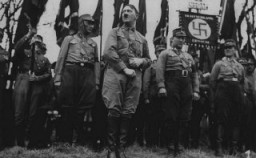
The Nazi Party Platform was a 25-point program for the creation of a Nazi state and society. Hitler presented it at the Hofbräuhaus Beerhall in Munich in February 1920.
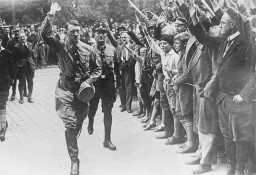
We would like to thank Crown Family Philanthropies, Abe and Ida Cooper Foundation, the Claims Conference, EVZ, and BMF for supporting the ongoing work to create content and resources for the Holocaust Encyclopedia. View the list of donor acknowledgement.